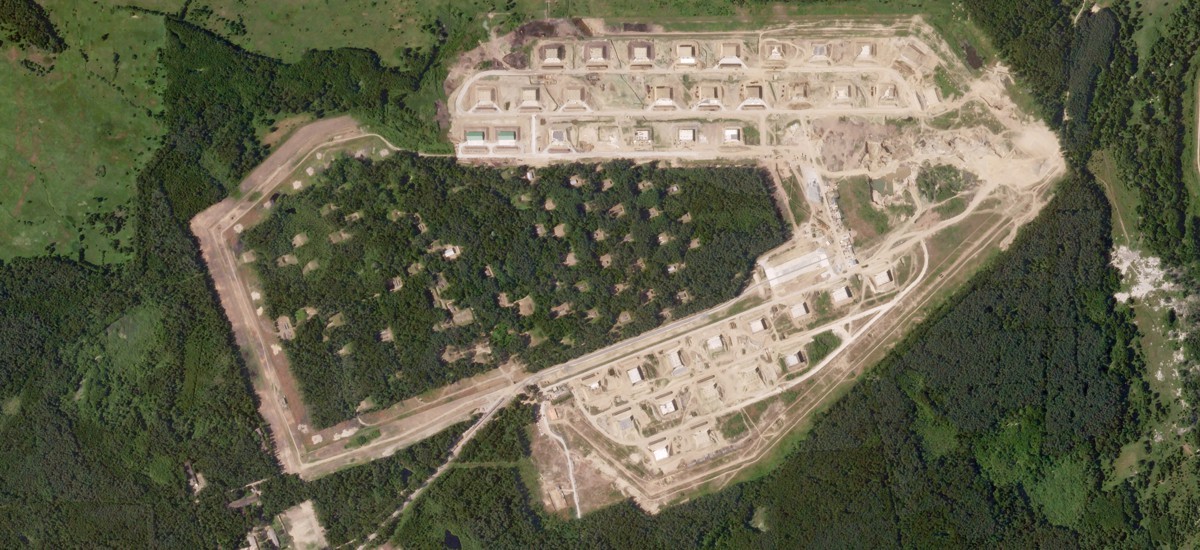
Recent satellite imagery reveals Russia is rapidly expanding its military infrastructure along its border with Finland, suggesting preparations for potential future confrontation with NATO.
The expansion focuses heavily on the Leningrad Military District, which borders Estonia, Latvia, and Finland. Military analysts have identified new construction at major bases near the Finnish and Norwegian borders, including storage facilities, housing complexes, and railroad extensions.
Small military brigades in the region are being upgraded to full divisions of approximately 10,000 soldiers each, as part of Russia's broader initiative to expand its army to 1.5 million troops.
"When the troops return [from Ukraine], they will be looking over the border at a country they consider an adversary," said Ruslan Pukhov, director of Moscow's Center for the Analysis of Strategies and Technologies.
The pace of Russia's military rebuilding has exceeded many analysts' expectations. Gen. Christopher Cavoli, commander of US forces in Europe, recently testified that Russia's army is now larger than before the Ukraine war began.
Russia's defense spending is set to reach over 6% of GDP by 2025, up from 3.6% before the Ukraine invasion. This increased investment has led to dramatic increases in military production. Annual T-90M tank production has jumped from 40 units in 2021 to approximately 300 units currently.
In response to Russia's military buildup, NATO countries along the border are strengthening their defenses. Poland, Estonia, Latvia, and Lithuania have begun reinforcing their frontiers with trenches, tank traps, and other defensive obstacles.
A February Danish intelligence report warned that Russia could be prepared for large-scale conflict in Europe within five years if NATO appears vulnerable. Some experts suggest Russia might test NATO's resolve by targeting smaller alliance members like Estonia.
The military expansion reflects Russia's historical view of its role in European security. As Professor Kukkola of Finland's National Defense University notes, Russia's military achievements, from defeating Napoleon to the Nazis, have shaped its current strategic thinking and desire to influence European security architecture.
Polish Defense Minister Wladyslaw Kosiniak-Kamysz emphasized the urgency of NATO's response: "We don't have too much time. We must build a strong alliance, a strong command system, and well-equipped military forces."